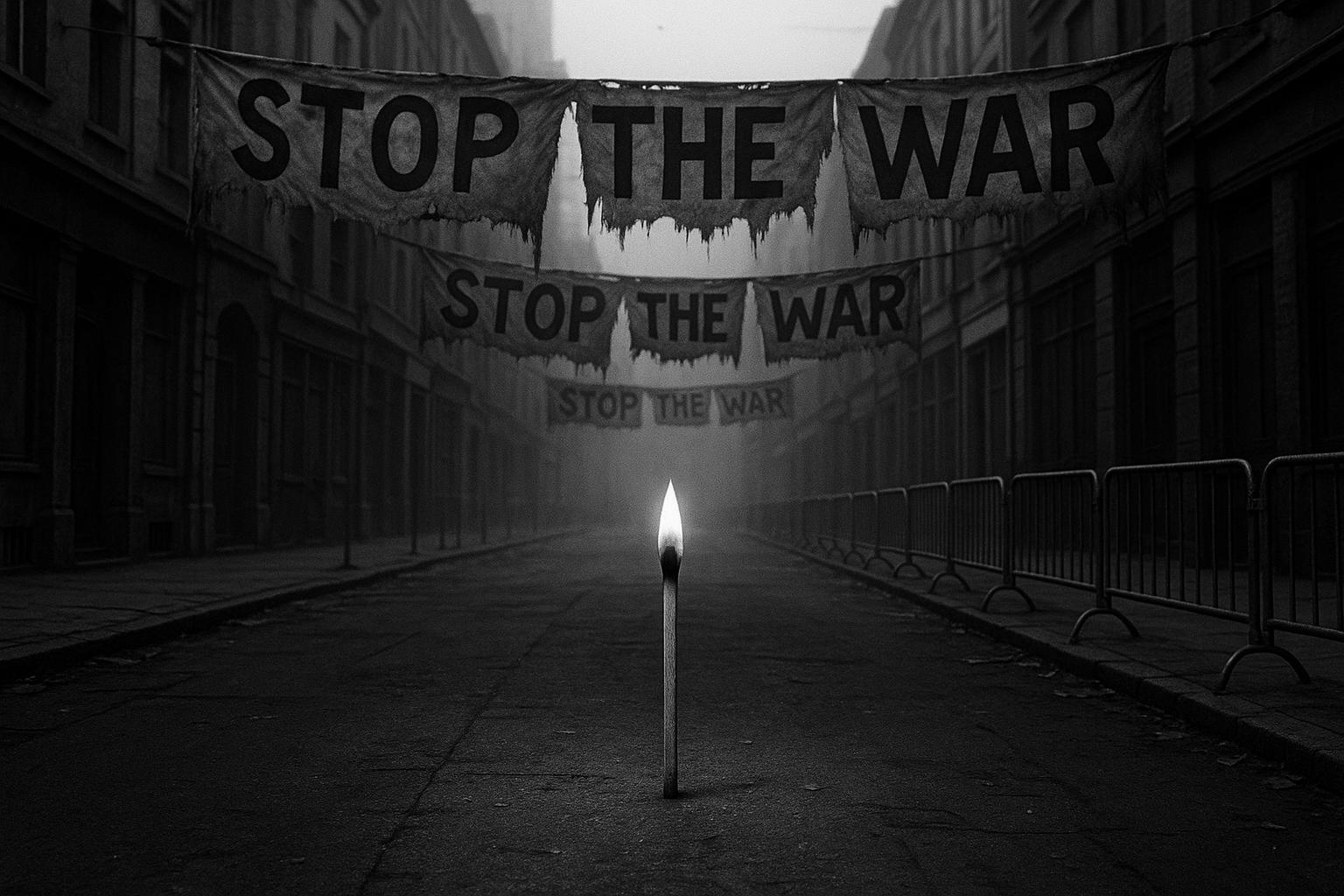In the wake of a deadly terror attack at a Manchester synagogue that claimed two lives and left four people seriously injured, the Metropolitan Police have urged organisers of a planned mass protest in London to postpone the event. The protest, intended to oppose the UK government’s ban on the activist group Palestine Action, is being organised by Defend Our Juries and is expected to gather a significant number of participants. Police have highlighted the need to prioritise community protection, particularly for Jewish and Muslim communities during this sensitive time, rather than focus resources on managing the protest.
The Metropolitan Police’s letter to Defend Our Juries, signed by Deputy Assistant Commissioner Ade Adelekan, outlines the considerable policing resources required for the event, which could involve hundreds of officers. Previous large-scale protests in central London have demanded substantial deployments, sometimes exceeding 2,500 officers, including those from counter-terrorism units. The police stressed that continuing with the protest would divert officers away from community reassurance and anti-terror measures, especially during the Jewish high holy days and amid heightened security concerns for Muslim communities, which could be vulnerable to reprisals or further attacks.
Despite the police appeal, Defend Our Juries has confirmed its intention to proceed with the protest as planned. The group condemned the recent attack and urged authorities to focus on protecting communities rather than arresting peaceful demonstrators opposing the ban. They argue that political decisions to proscribe Palestine Action—whose activists have been involved in direct actions such as attempts to disrupt military equipment linked to alleged complicity in Israeli military operations—are detracting from the policing force’s ability to safeguard the public. The protest is anticipated to set a record for arrests at a single civil disobedience event, with organisers reporting around 1,500 pledges to attend and risk arrest.
This tension comes amid a broader backdrop of intensified policing around Jewish communal sites in London. Following the Manchester attack, Metropolitan Police significantly increased patrols near synagogues and other Jewish community centres as a precaution, though no specific threats to London were reported. The police move is part of wider efforts to reassure vulnerable communities and prevent any escalation of violence or retaliatory incidents. In addition, law enforcement recently used Public Order Act powers to prevent separate protests near synagogues during Jewish holy days, citing concerns about potential disruption.
The government’s crackdown on Palestine Action has been vigorous. The group has been formally designated a terrorist organisation under the 2000 Terrorism Act after members allegedly infiltrated a military base and damaged equipment. Police banned their protests near Parliament, forcing relocations to designated areas outside exclusion zones. During a previous major protest in London organised by Defend Our Juries, nearly 900 individuals were arrested under the Terrorism Act and other charges related to demonstrating in support of Palestine Action.
This latest clash underlines the complex challenges facing UK authorities as they balance civil liberties and public order amid heightened terror threats and politically charged activism. Police are attempting to redirect resources to ensure community safety without escalating tensions during a period of grief and heightened fear within Jewish and Muslim populations. Meanwhile, activists assert their right to peaceful protest, framing their actions as crucial to preserving democratic debate and opposing policies they see as enabling suffering abroad.
📌 Reference Map:
- Paragraph 1 – [1], [2], [3]
- Paragraph 2 – [1], [3]
- Paragraph 3 – [1], [4], [5]
- Paragraph 4 – [3], [7]
- Paragraph 5 – [4], [5], [6]
- Paragraph 6 – [1], [2], [3]
Source: Noah Wire Services
